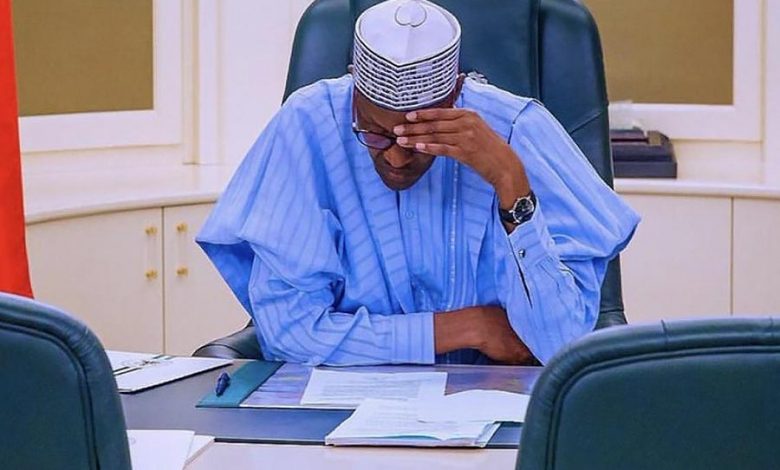Nigeria has spent a sum of $520.78 million on external debt servicing in the third quarter of 2021, rising by 74.2% compared to $298.9 million recorded in the preceding quarter (Q2 2021).
This was contained in the quarterly debt report released by the Debt Management Office (DMO).
A look at the data shows that a sum of $1.82 billion has been used to service external debts between January and September 2021. This is 43.9% higher than the $1.27 billion spent in the corresponding period of 2020.
On the other hand, domestic debt servicing rose significantly by 150.5% from N322.75 billion recorded in Q2 2021 to N808.49 billion in Q3 2021.
This takes the year-to-date domestic debt service to N1.74 trillion from N1.53 trillion recorded in the same period of 2020.
READ ALSO: http://Senate passes Finance Bill two weeks after transmission
The increase in debt service comes on the back of the significant jump in the country’s debt profile. Nigeria’s external debt rose to $37.96 billion as of Q3 2021, moving from $33.47 billion recorded in the previous quarter.
The increase in the country’s external debt was driven by the 4 billion Eurobond raised from the international debt market to boost the country’s external reserve above $40 billion.
Recall that Nigeria raised a sum of $4 billion in Eurobond in September, a capital raise which was dubbed one of the biggest financial trades on the African continent after the order book peaked at $12.2 billion, which enabled the federal government to raise an additional $1 billion more than the intended $3 billion capital raise.
On the other hand, domestic debts also recorded an uptick as federal government domestic debt stock rose to $44.44 billion, while state domestic debts increased to $10.23 billion.
Nigeria is still very much dependent on crude oil earnings for most of its revenue, which has been hit with a series of drawbacks in recent times, from decline in crude oil prices to supply cut and inability to meet production quota, all of which have ensured Nigeria’s oil revenue continuous underperformance.
According to the Q3 2021 GDP report by the National Bureau of Statistics, the nation recorded an average daily oil production of 1.57 million barrels per day (mbpd), which is lower than the daily average production of 1.67mbpd recorded in the same quarter of 2020 by 0.10mbpd and lower than the second quarter 2021 production volume of 1.61mbpd by 0.05mbpd.
Also, a look at the budget implementation report by the honourable minister of finance, budget and national planning, Dr. Zainab Shamsuna Ahmed, as of August 2021, FGN’s retained revenue was N3.93 trillion, representing about 73% of the target.
READ ALSO: http://There’s nothing like repentant terrorists; let them go and see God – Gov. el-Rufai
The federal government’s share of oil revenues in the same period was N754.2 billion, representing 56.3% performance of the prorated target for the year.
Although non-oil tax revenues continue to meet and surpass the target, it is still not enough to ensure stable revenue to meet pent-up demands and above all, fund the annual budgetary allocations.
Notably, Companies Income Tax (CIT) and Value Added Tax (VAT) collections were N547.54 billion and N235.77 billion, representing 121% and 148% respectively of the prorated targets for the period.
Nigeria’s debt profile continues to surge, hitting the highest levels on record as Nigeria still looks to obtain more loans both domestically and externally to fund the 2022 appropriation bill, which was just passed by the senate only after increasing it by over N700 billion to N17.12 trillion.
Nigeria’s increasing debt profile only means that we are likely to keep incurring huge debt service costs.


